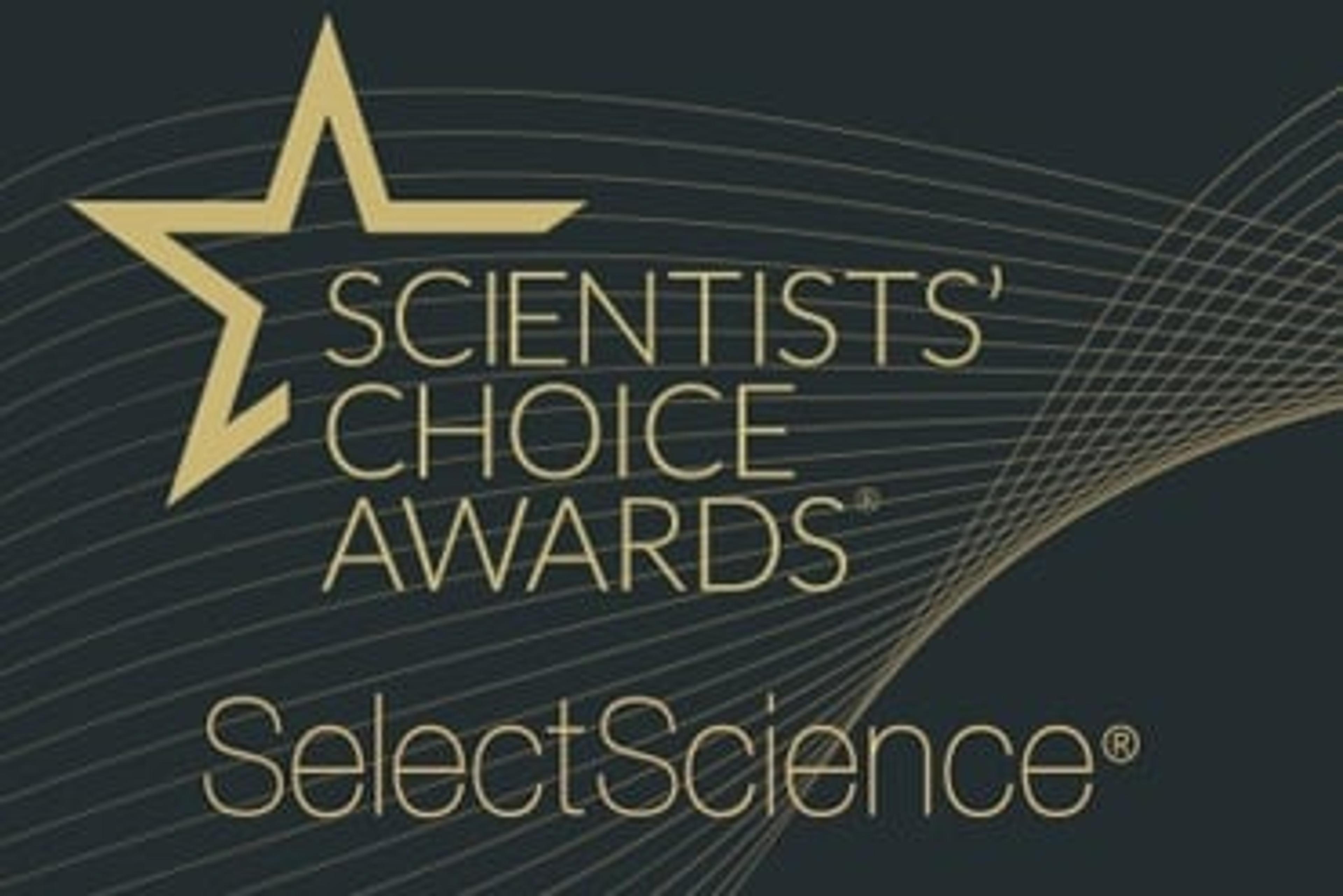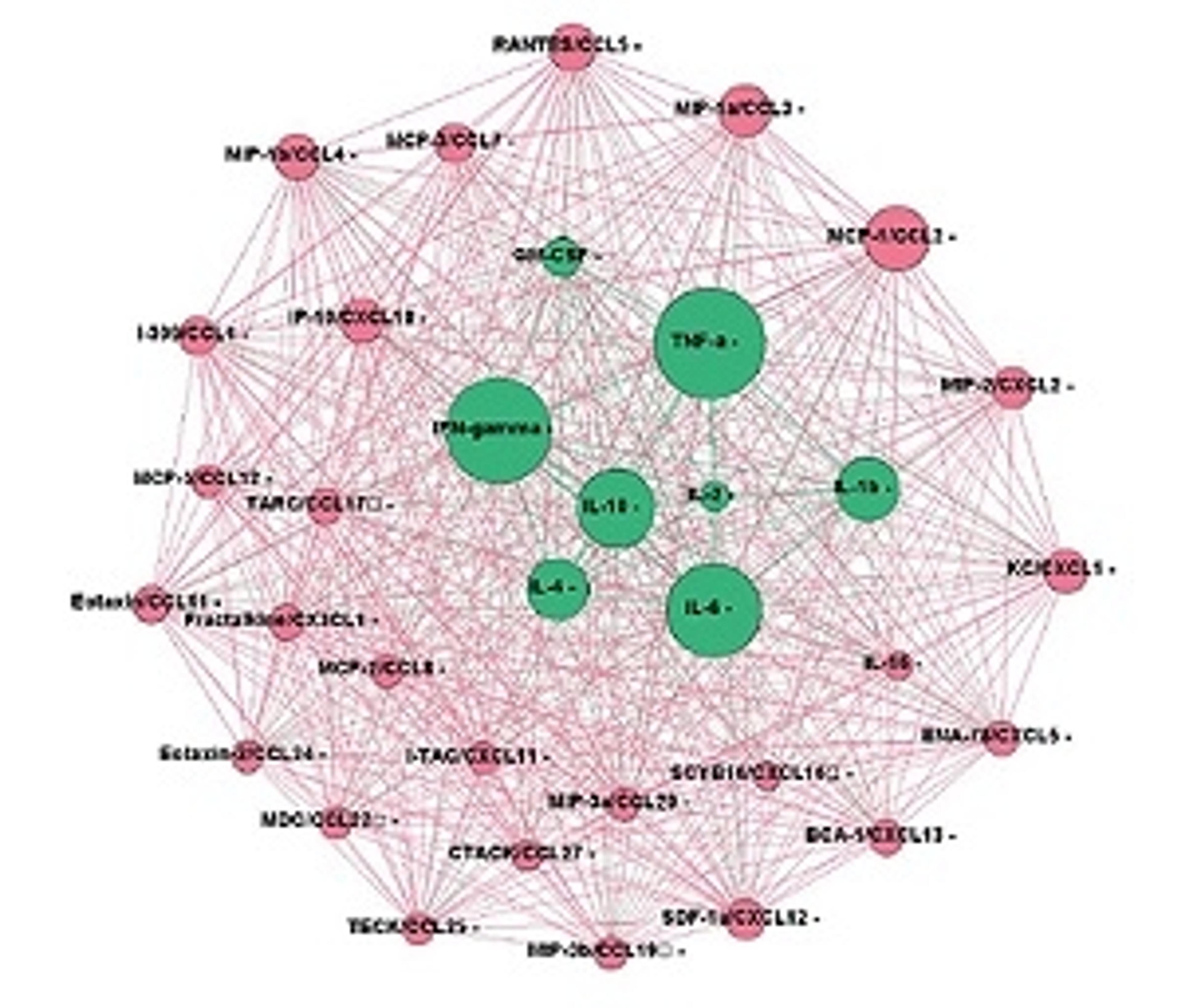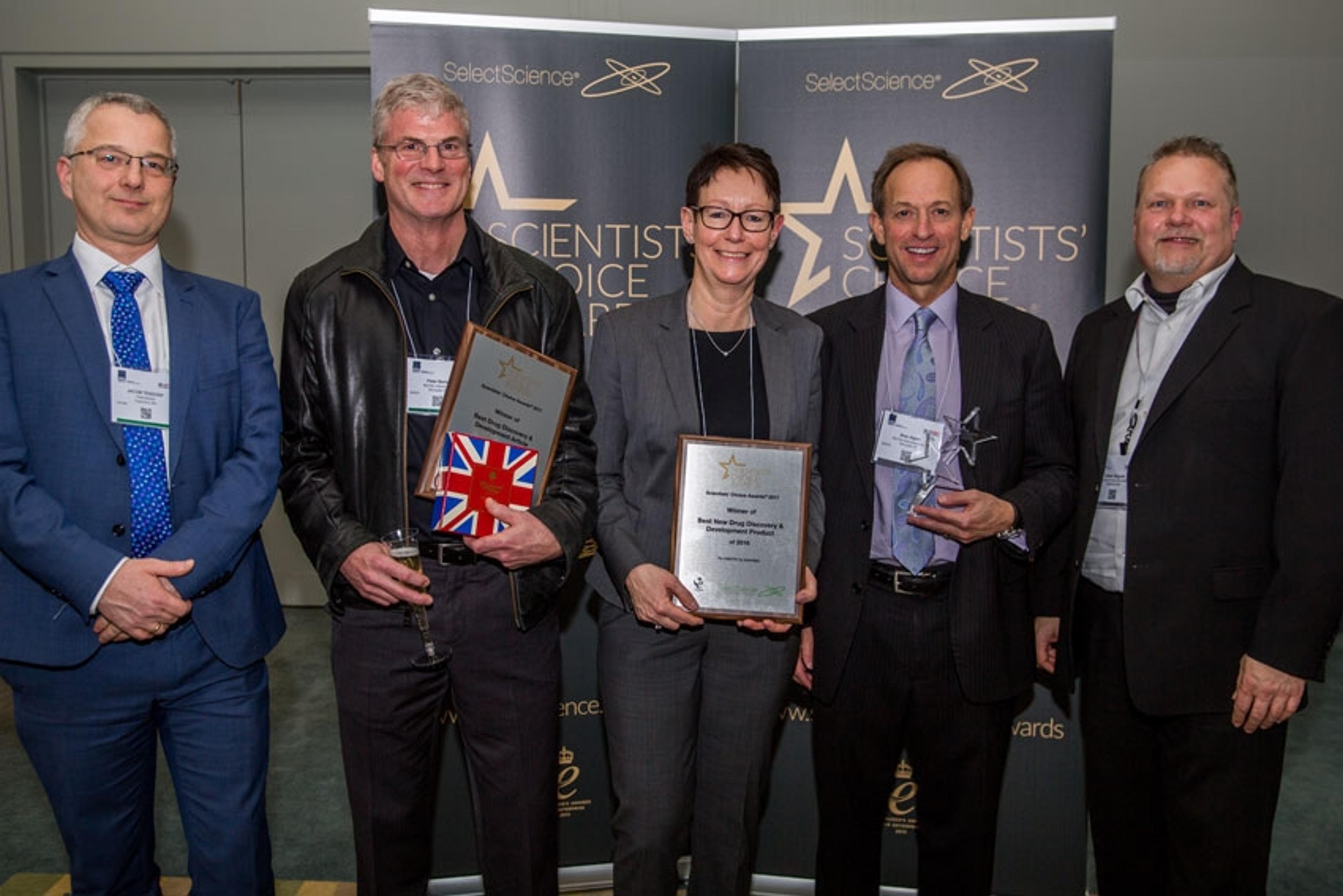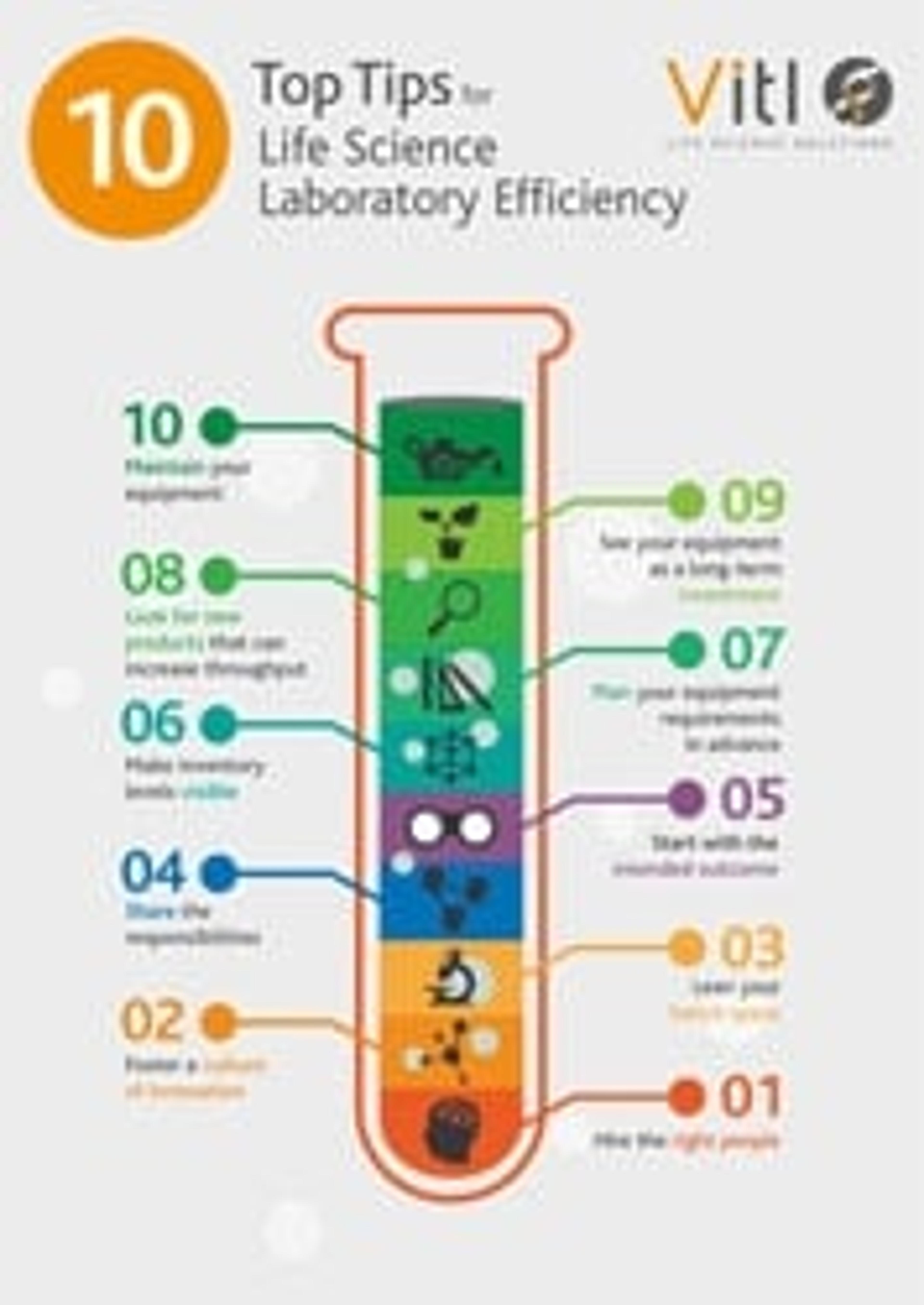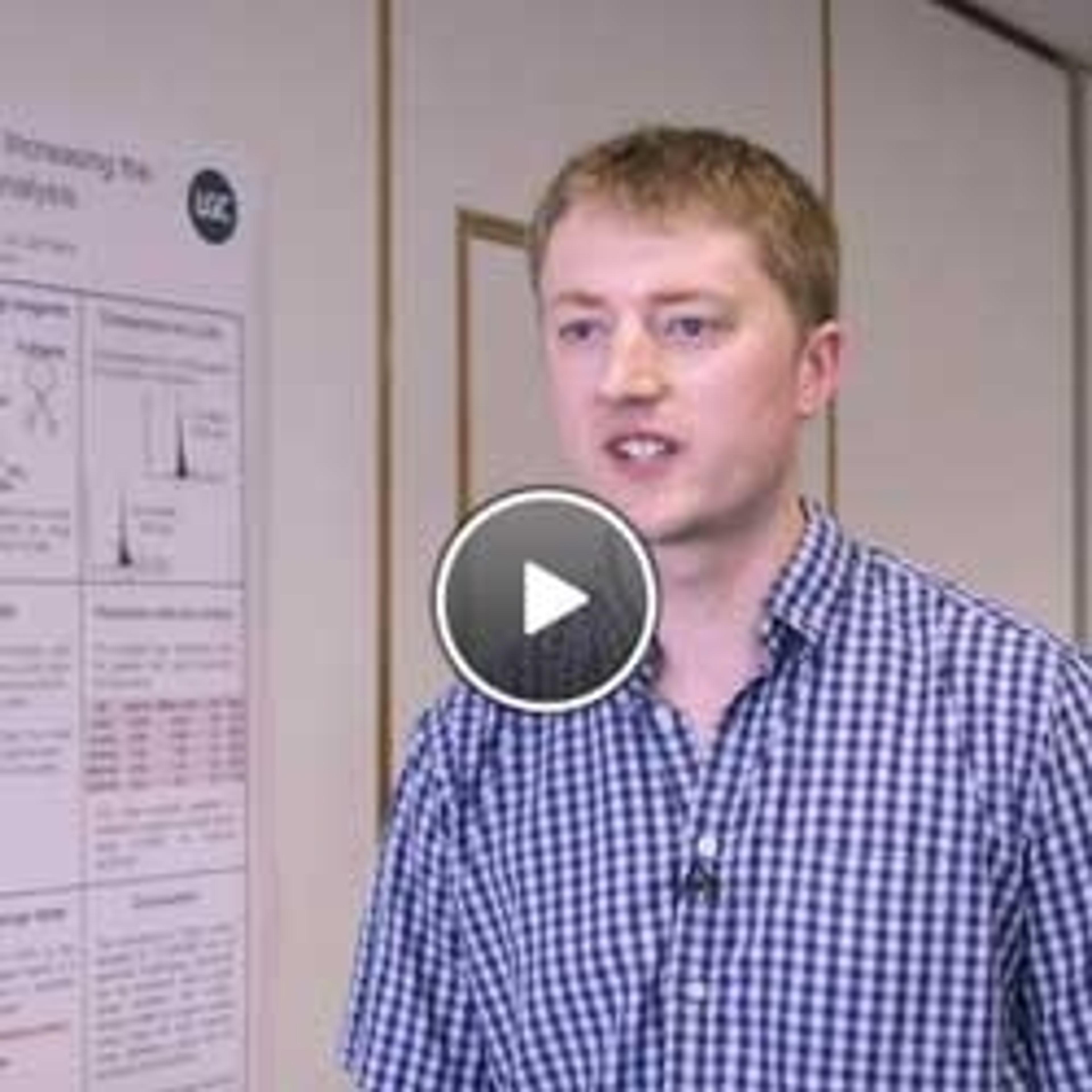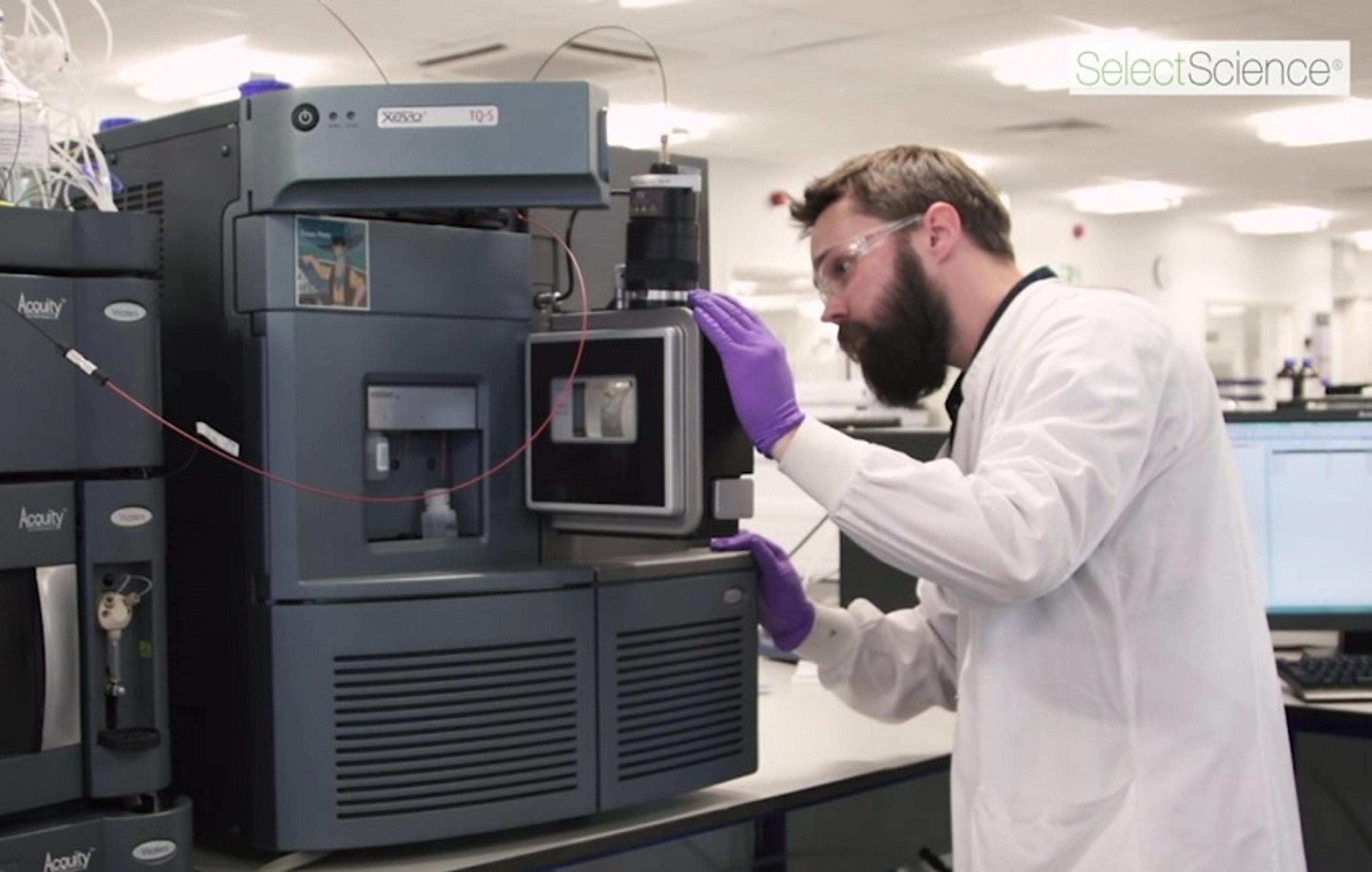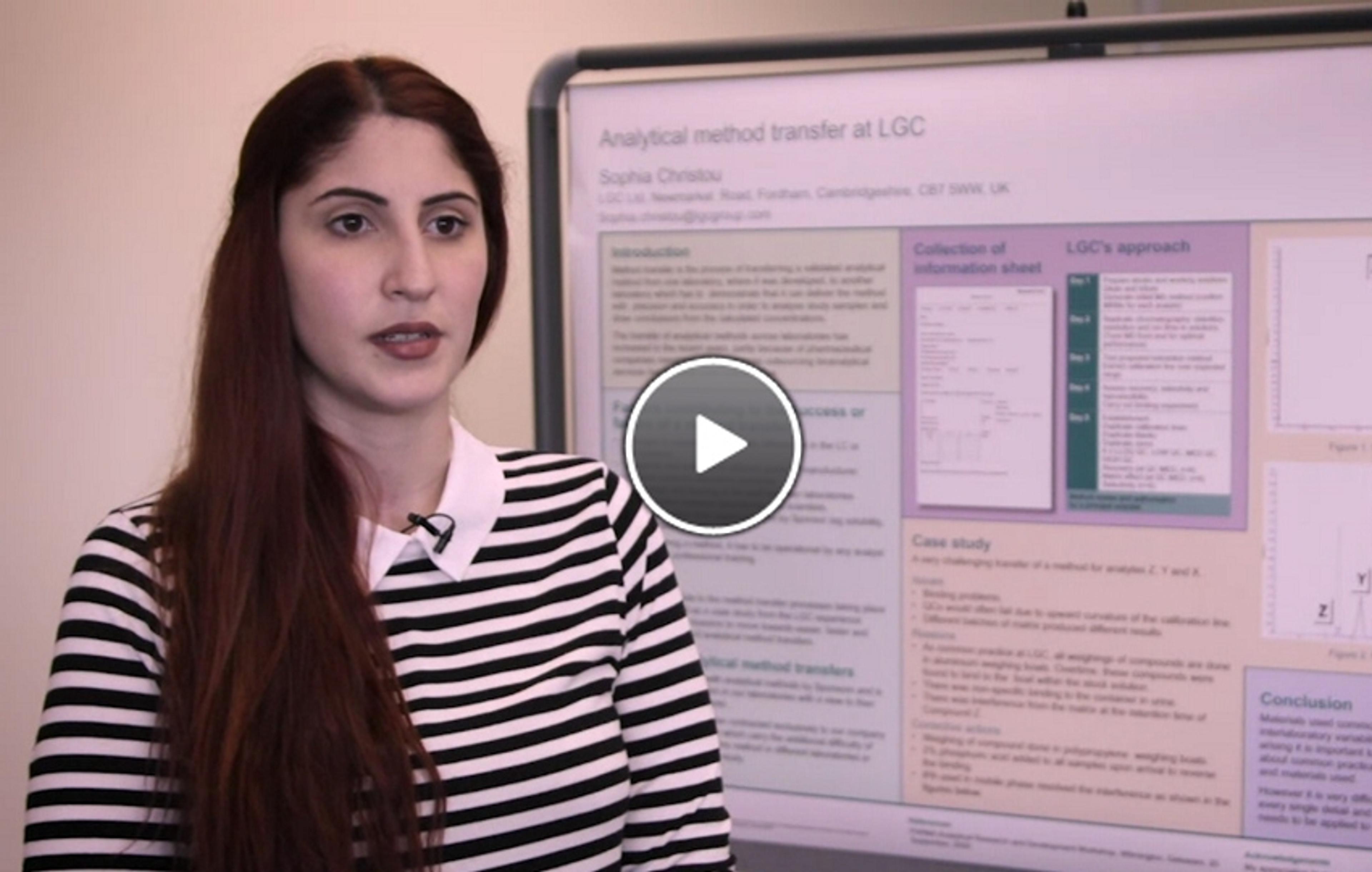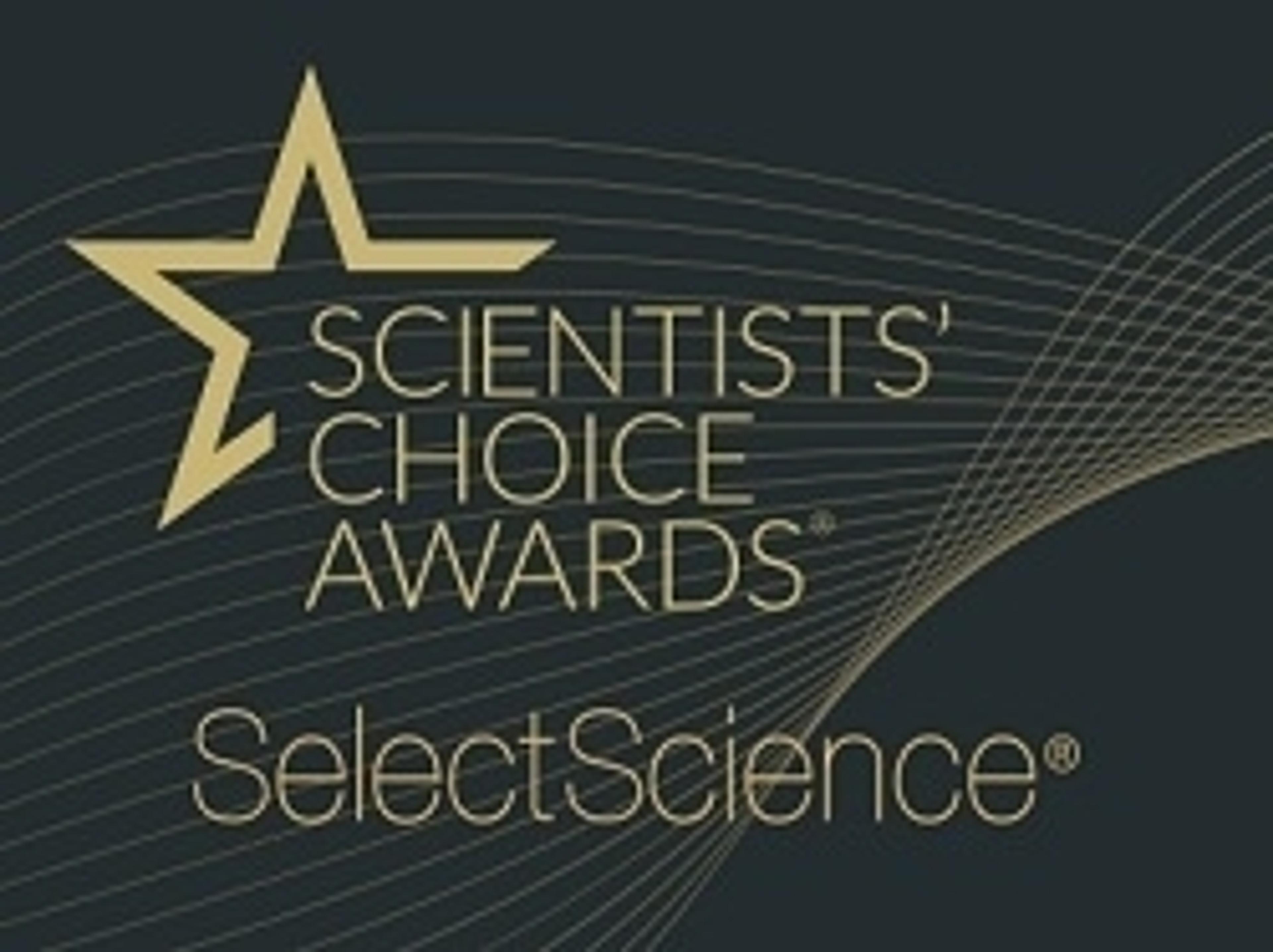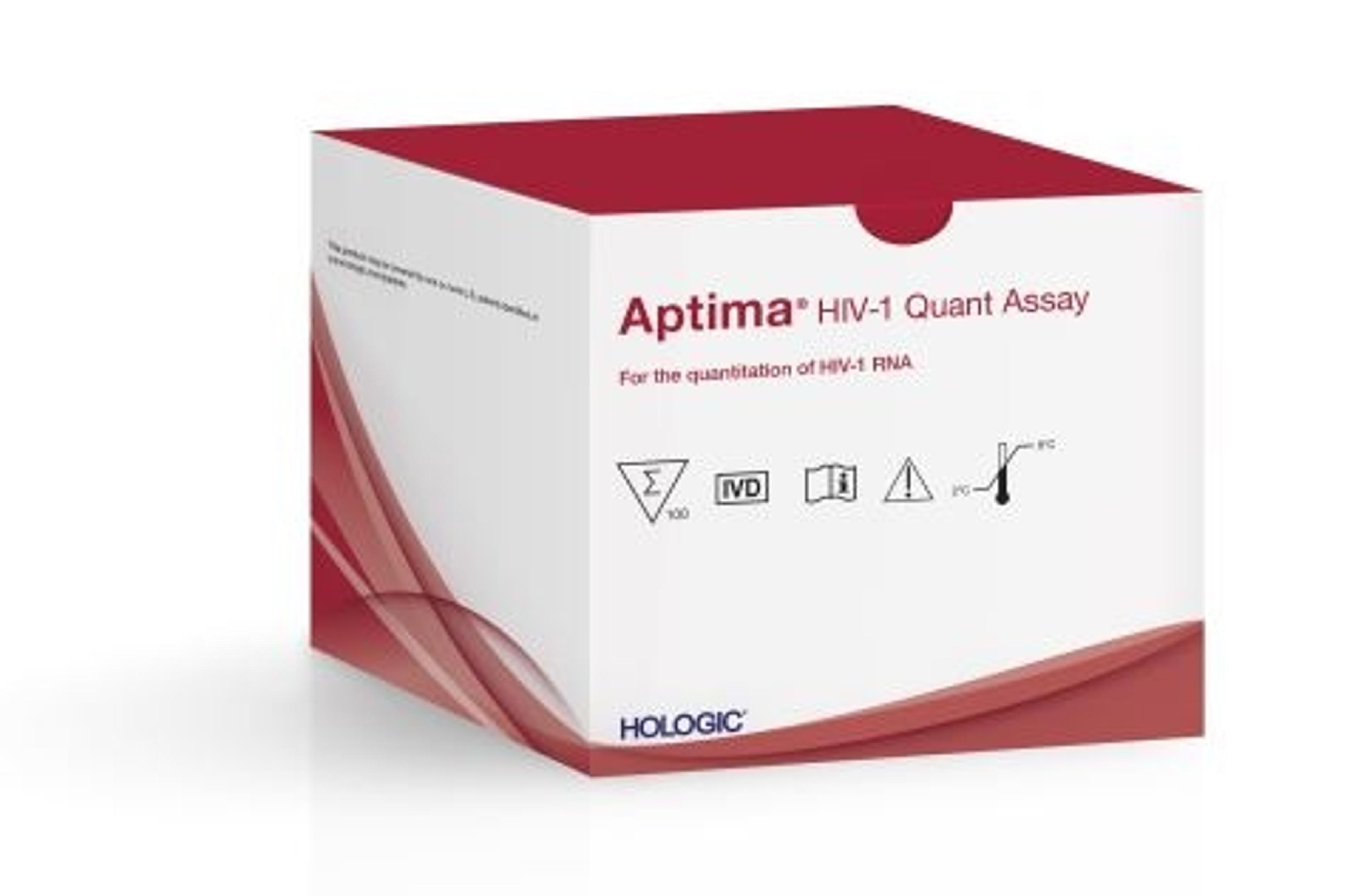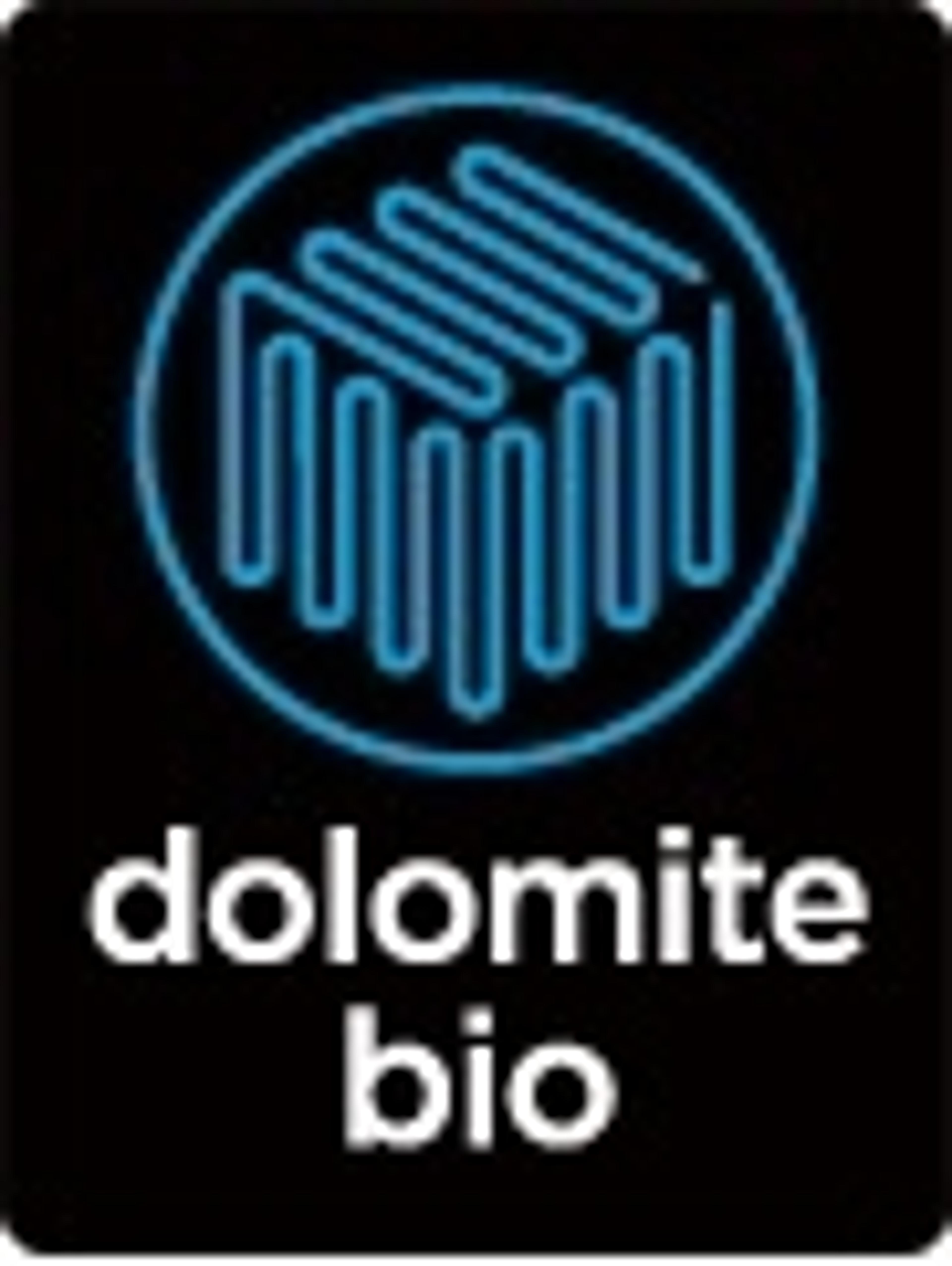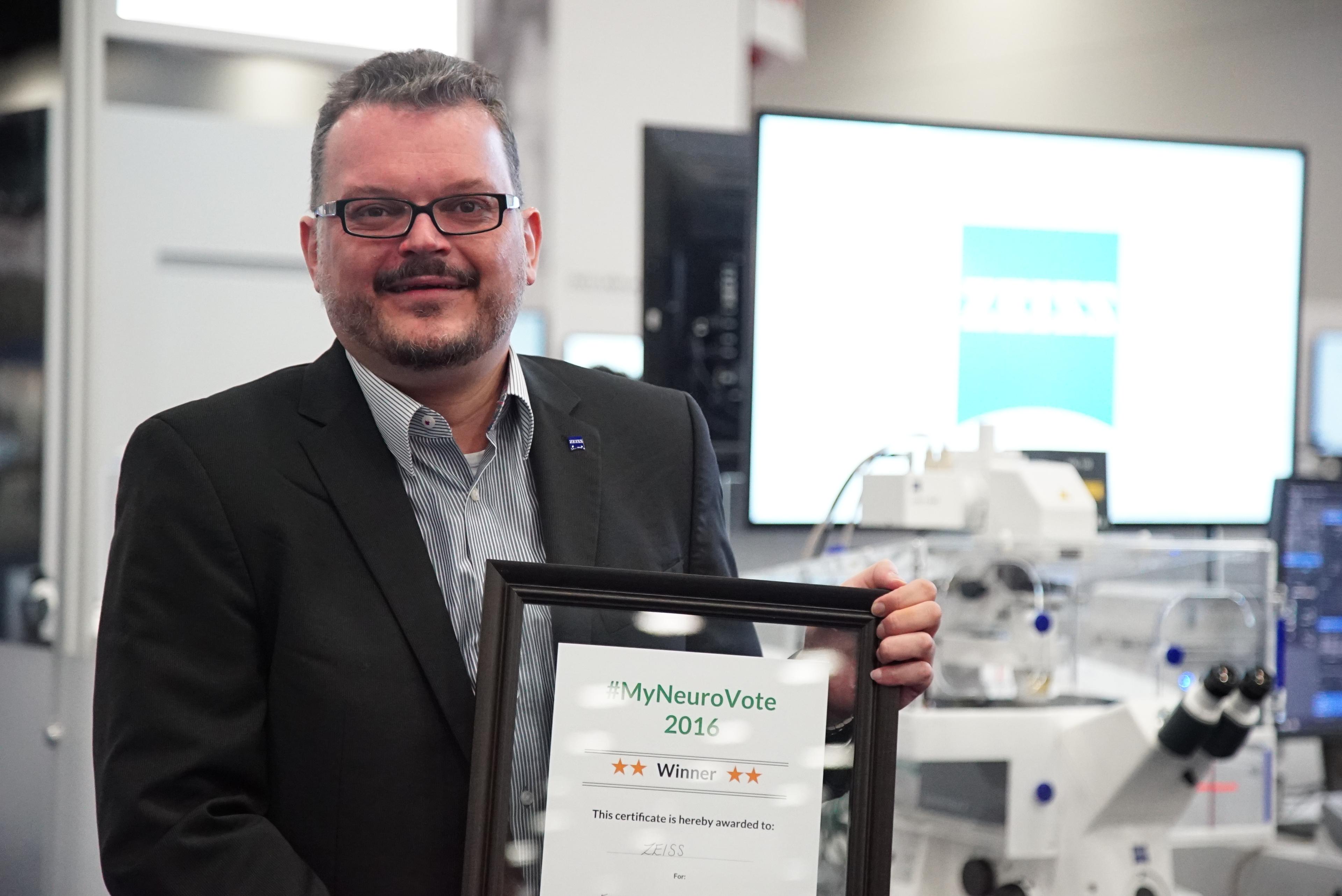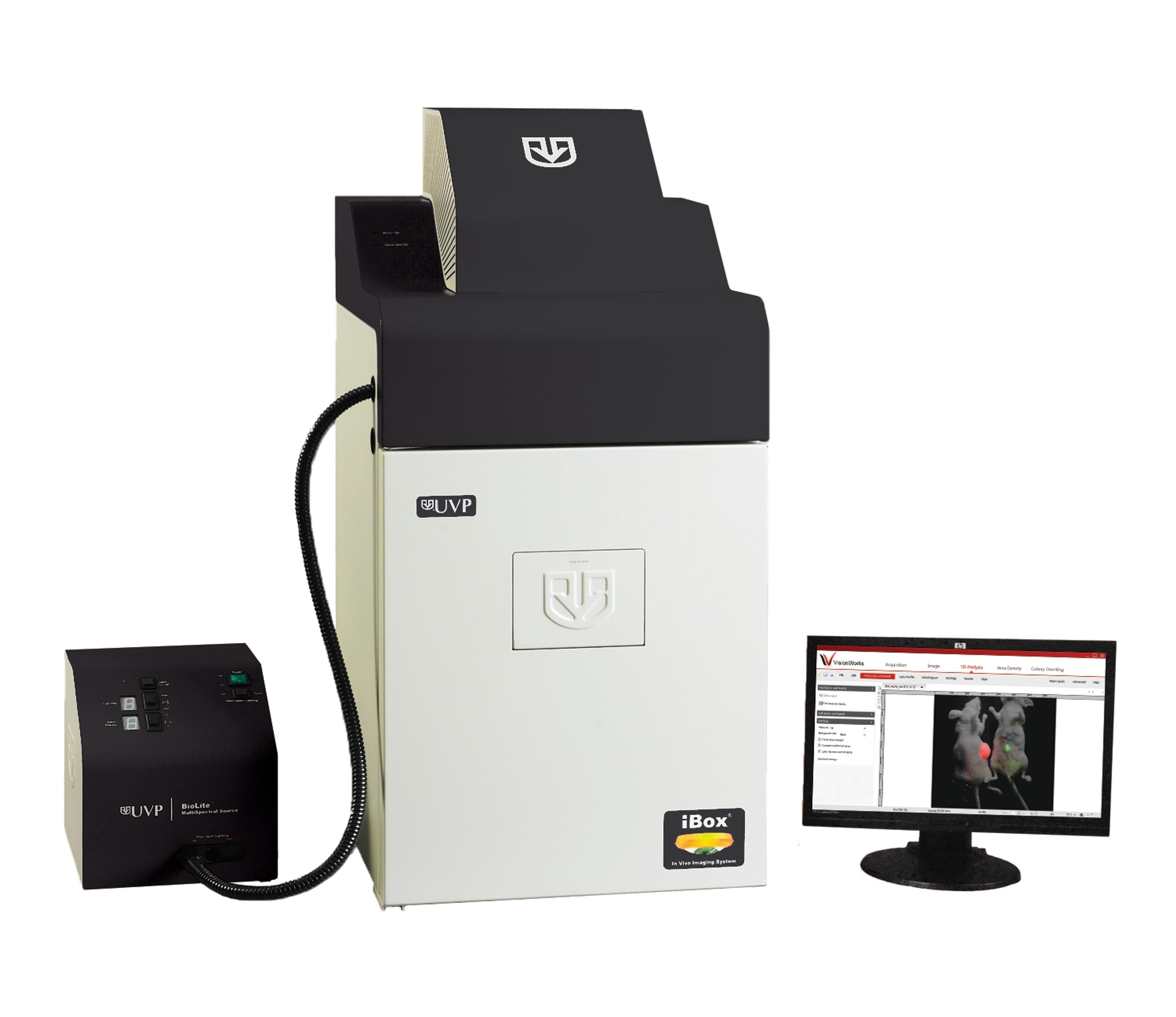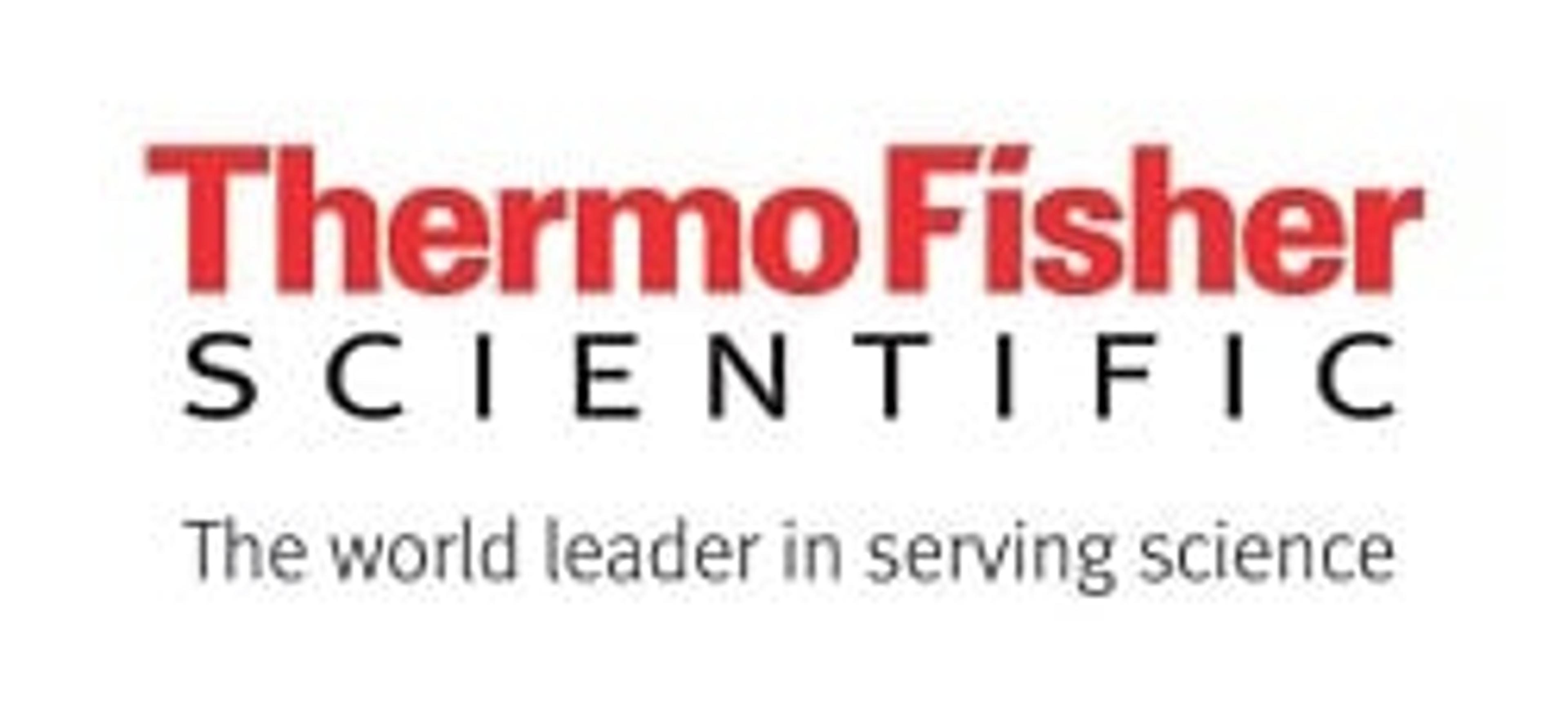News & Articles
Selected Filters:
Scientists’ Choice Awards Nominations Open for Best New Life Sciences Product of 2016
Which new product, instrument or consumable has made the most difference to your laboratory?
Scientists’ Choice Awards Winners Announced for Drug Discovery & Development
Bruker Daltonics and AstraZeneca among those recognized during prestigious ceremony at SLAS2017
Faster and More Accurate Diagnosis of Blood Diseases
Roche enters a new era in haematology testing, with the launch of the new cobas m 511 analyser
10 Top Tips for Life Science Laboratory Efficiency
Advances in LC-MS Methods for Quantitation of Drugs and Biomarkers in Biological Matrices
Discover how LGC is overcoming the challenges of analyzing peptides with LC-MS
Using LC-MS Approaches to Improve on Traditional Bioanalysis Methods
Learn how the Bioanalysis Department at LGC is implementing LC-MS to improve services
Improving Validated Analytical Method Transfer at LGC
Learn about the process behind transferring a validated analytical method from one lab to another
Biotech Grant Program Winners Announced
New Immunoassay for Detection of the Zika Virus
Novel Melanoma Biomarker Identified from Liquid Biopsies Using Digital PCR
Learn about the cutting-edge technology advancing cancer research
Autism Linked to Abnormal Immune Responses of Pregnant Mothers
Learn how the maternal immune profile of mothers can predict neurodevelopmental abnormalities
Scientists’ Choice Awards Nominations Open for Best New Drug Discovery & Development Product of 2016
Which new product, instrument or consumable made the most difference to your laboratory?
ZEISS Announced as #MyNeuroVote 2016 Winner
Over 500 neuroscientists voted for their favorite research product at Neuroscience 2016
Avacta Announces CAR-T Cell Therapy Research Collaboration with Major US Cancer Center
Affimer technology will potentially provide significant advantages over antibody fragment technology currently used in CAR-T cell modification


